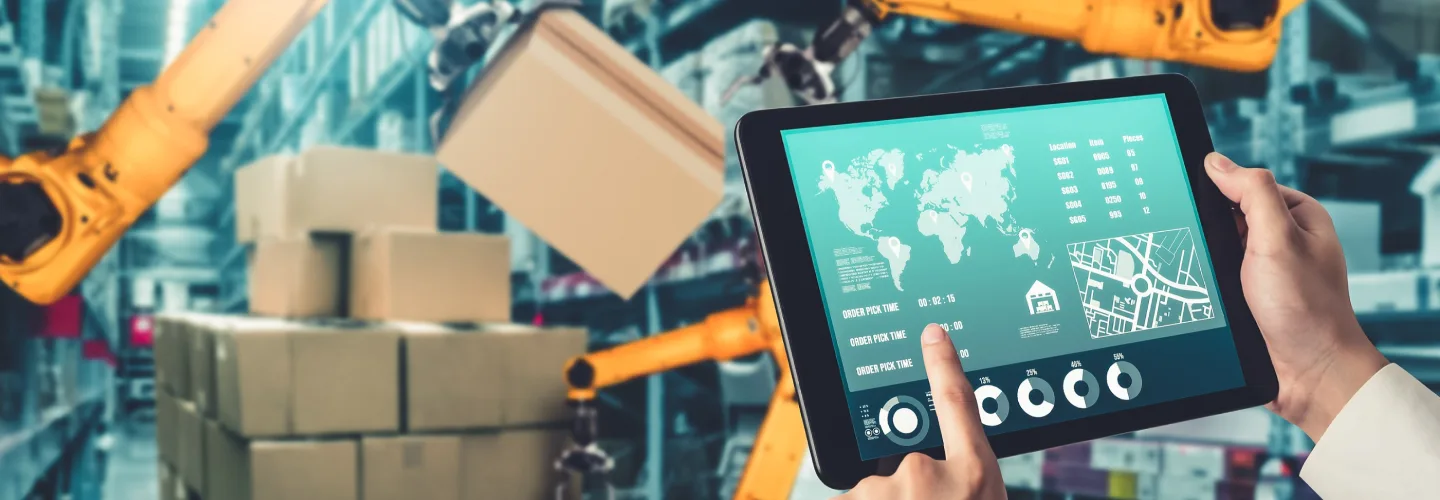Understanding Predictive Supply Chain Management
In today’s rapidly evolving business landscape, predictive supply chain management has emerged as a game-changing strategy for companies looking to optimize their operational efficiency. By leveraging advanced technologies like artificial intelligence and machine learning, businesses can now anticipate market demands, minimize risks, and make data-driven decisions with unprecedented accuracy.
The Rise of AI-Powered Supply Chain Forecasting
What Makes AI Forecasting Revolutionary?
Traditional supply chain management relied heavily on historical data and manual predictions. AI-powered forecasting transforms this approach by:
- Processing massive volumes of complex data in real-time
- Identifying intricate patterns humans might miss
- Providing dynamic, adaptive predictive models
- Reducing human error and operational inefficiencies
Key Technologies Driving Predictive Supply Chains
Several cutting-edge technologies are powering this transformation:
- Machine Learning Algorithms: Continuously learn and improve prediction accuracy
- Big Data Analytics: Process vast datasets from multiple sources
- Internet of Things (IoT): Enable real-time tracking and monitoring
- Cloud Computing: Provide scalable infrastructure for complex computations
Benefits of Implementing Predictive Supply Chain Solutions
Enhanced Demand Forecasting
AI-driven predictive models can forecast demand with remarkable precision by analyzing:
- Historical sales data
- Seasonal trends
- Economic indicators
- Social media sentiment
- External market factors
Risk Mitigation and Inventory Optimization
By predicting potential disruptions and inventory needs, companies can:
- Reduce excess inventory costs
- Minimize stockout scenarios
- Improve cash flow management
- Enhance overall supply chain resilience
Practical Implementation Strategies
Choosing the Right Tools
When implementing predictive supply chain solutions, consider platforms like:
- SAP Integrated Business Planning
- Oracle Supply Chain Management Cloud
- IBM Watson Supply Chain Insights
Critical Implementation Considerations
Successful adoption requires:
- Robust data infrastructure
- Cross-functional collaboration
- Continuous training and skill development
- Scalable technological solutions
Future Outlook
The future of supply chain management is undeniably intelligent and predictive. As AI technologies continue evolving, businesses that embrace these innovations will gain significant competitive advantages, transforming supply chains from reactive cost centers to proactive strategic assets.
Emerging Trends to Watch
- Autonomous supply chain systems
- Advanced predictive maintenance
- Blockchain integration
- Enhanced sustainability tracking
Conclusion
Predictive supply chain management powered by AI is not just a technological trend—it’s a fundamental reimagining of how businesses operate. By embracing these advanced forecasting techniques, companies can create more agile, efficient, and responsive supply networks.








